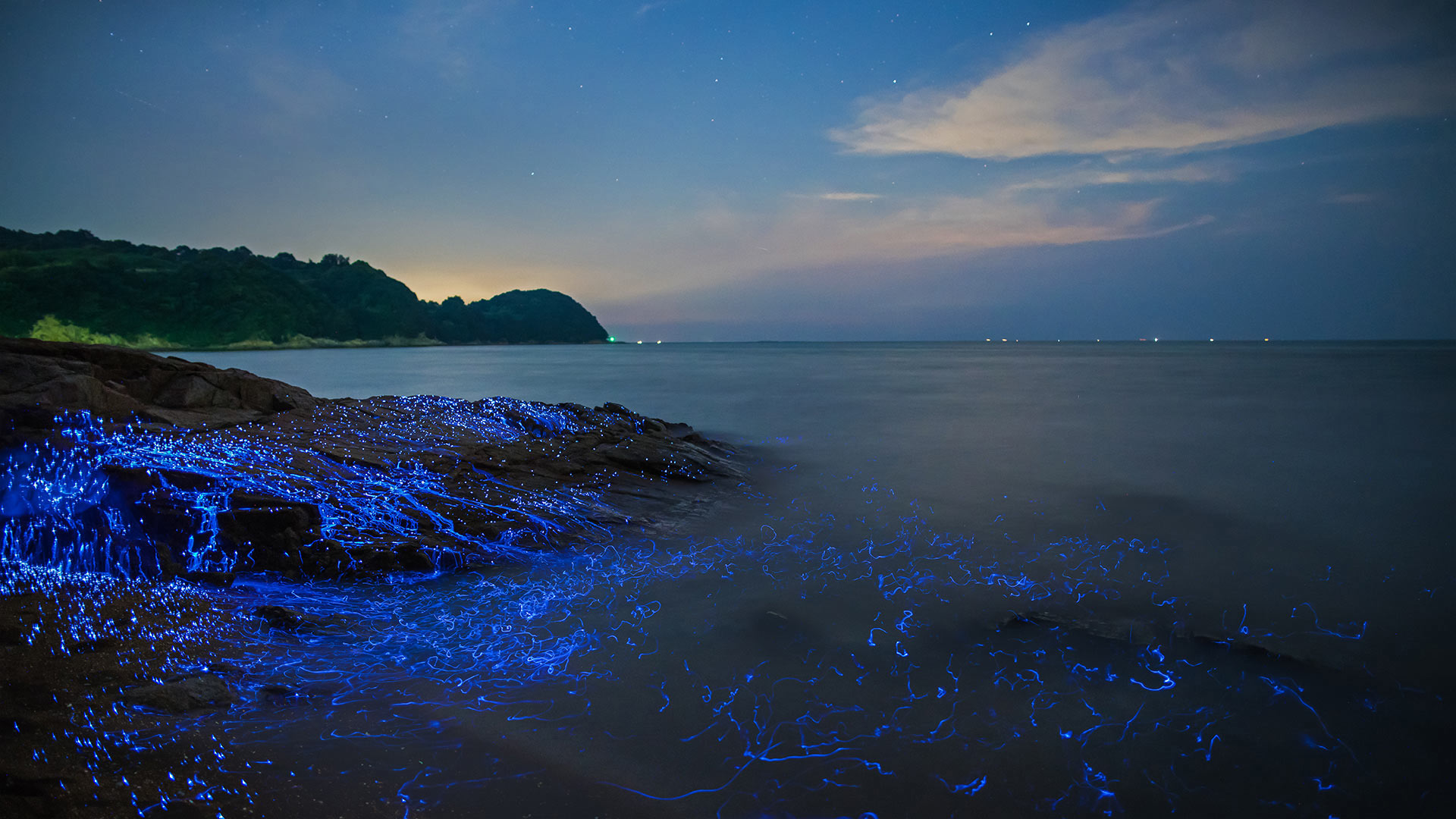Mauritius, a beautiful island nation in the Indian Ocean, is facing a growing waste dilemma. With a population of over 1.2 million people and a booming tourism industry, the country is generating more waste than ever before. The lack of proper waste management infrastructure has led to environmental pollution and public health concerns.
The Need for Incinerator Capacity
One potential solution to Mauritius’ waste problem is the implementation of waste-to-energy incinerators. These facilities can help reduce the volume of waste going to landfills while also generating electricity. However, in order to effectively address the country’s waste dilemma, it is crucial to accurately calculate the required incinerator capacity.
Factors to Consider
Several factors need to be taken into account when calculating incinerator capacity for Mauritius. These include the current volume of waste generated, the projected increase in waste production based on population and economic growth, and the potential for waste reduction through recycling and other sustainable practices.
Environmental and Health Impact
It is also important to consider the environmental and health impact of waste incineration. While incinerators can help decrease the amount of waste sent to landfills, they also release pollutants into the air. Therefore, the chosen capacity must strike a balance between waste reduction and environmental sustainability.
Community Engagement
Community engagement is crucial in the decision-making process for incinerator capacity. Local residents should have a say in the location and operation of incinerators to ensure that their concerns are addressed and that the facilities are integrated into the community in a sustainable manner.
Moving Towards a Sustainable Solution
By carefully considering these factors and engaging with the community, Mauritius can arrive at an incinerator capacity that will help address the growing waste dilemma while also promoting environmental and public health sustainability. This approach will contribute to a cleaner and healthier future for the island nation.








